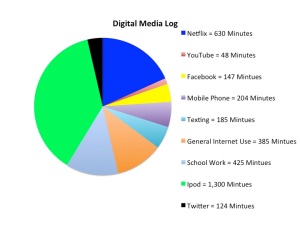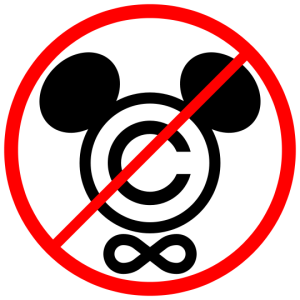Digital Diversity
When it comes to digital diversity there is an extensive list that comes to mind when defining it. But overall there are three factors that I believe are some of the most important. First of all, the way in which the youth of today are being exposed and influenced by the ever-expanding world of technology. Secondly, is how we use it has another means of social interaction, and lastly how it can be used to as a tool to better the existence of the human race. Technology is a driving force today in just about every competent person, and is consistently used to improve situations as a means to an end. In which we can clearly see the benefits and negatives. Not all good can manifest from the advancements of technology, but in the long can be used to significantly change the way we live.
Before I took this course I was not fully aware what digital diversity even entailed, but after a few weeks I obtained a clear notion. Not only did I learn that it is a vital factor that is over looked, but can be used for the greater good of human society. When applied correctly and when carefully monitored by people with the proper knowledge. And with this newfound wisdom I can apply it to other aspects of my life. For example I will extremely more aware of what I put on the Internet, because everything and anything is tracked and recorded.
Although, I do believe that there are some flaws to this underlying greatness. More times than not this seems to be that today technology is being exploited for the profit without retribution or regulation. I think once there is a better understanding of technology in a holistic view, than many things will be changed to combat this misfortune. All in all, digital diversity to me is an onslaught of information wrapped into a ball of social interaction.


